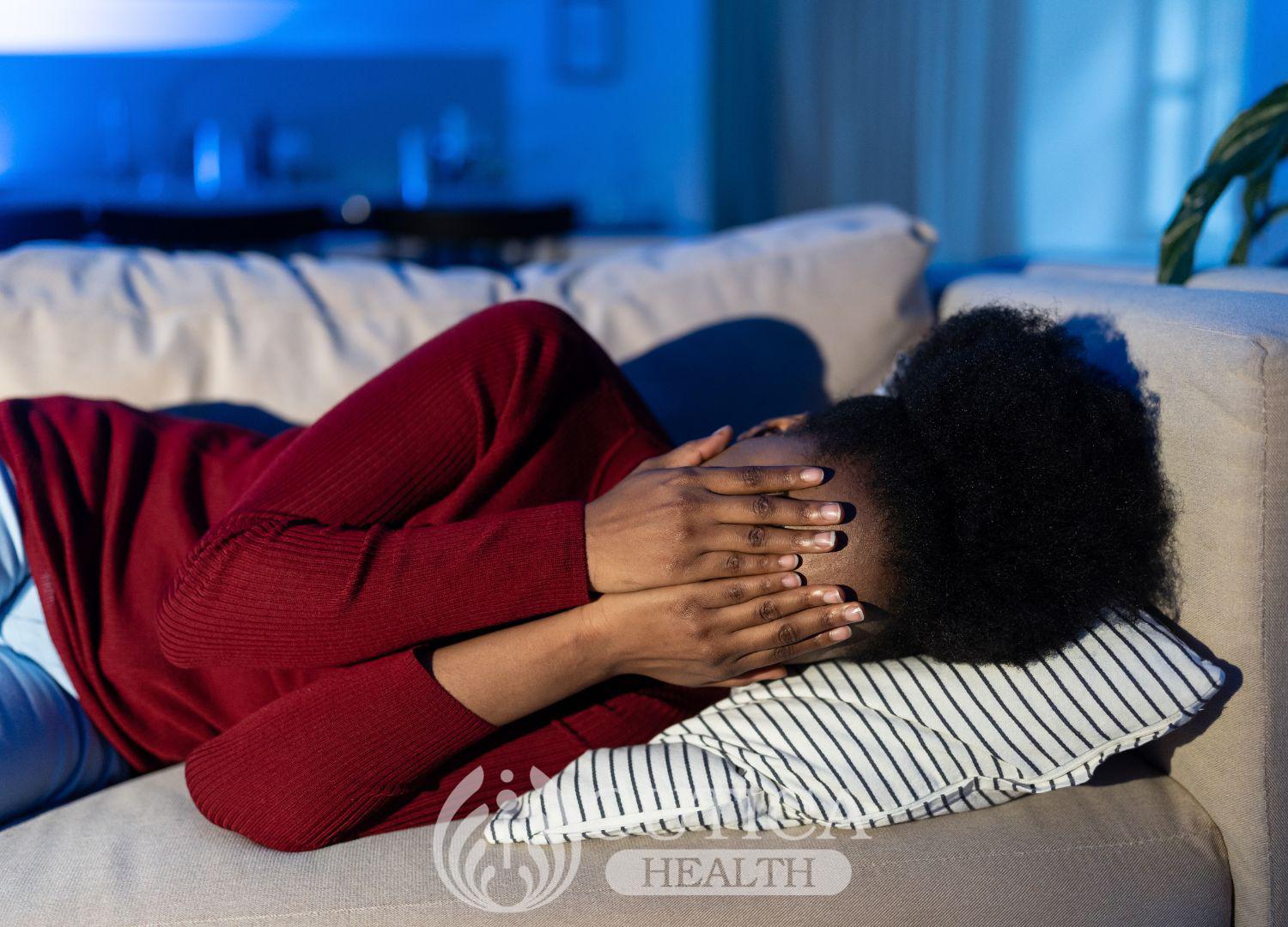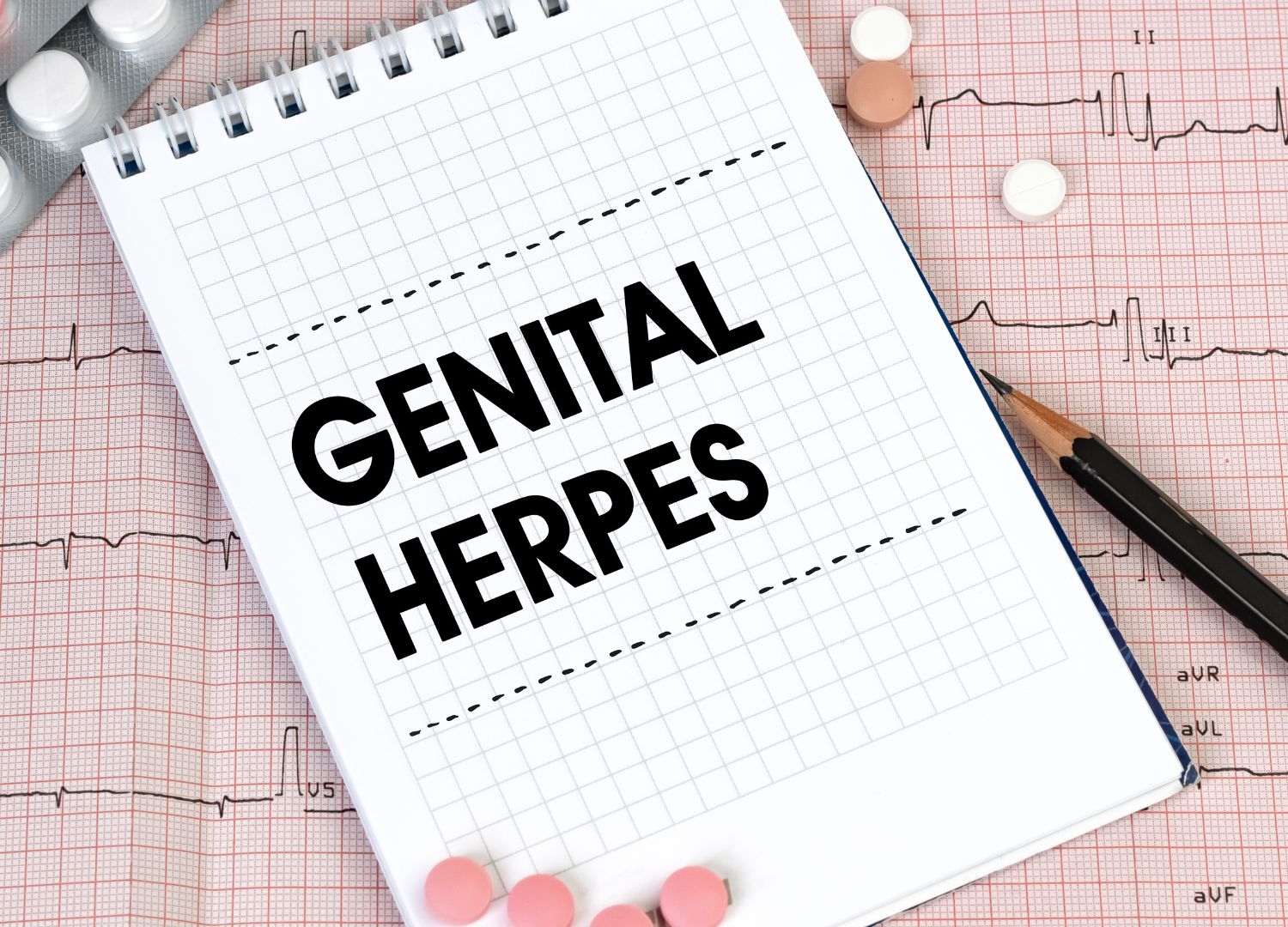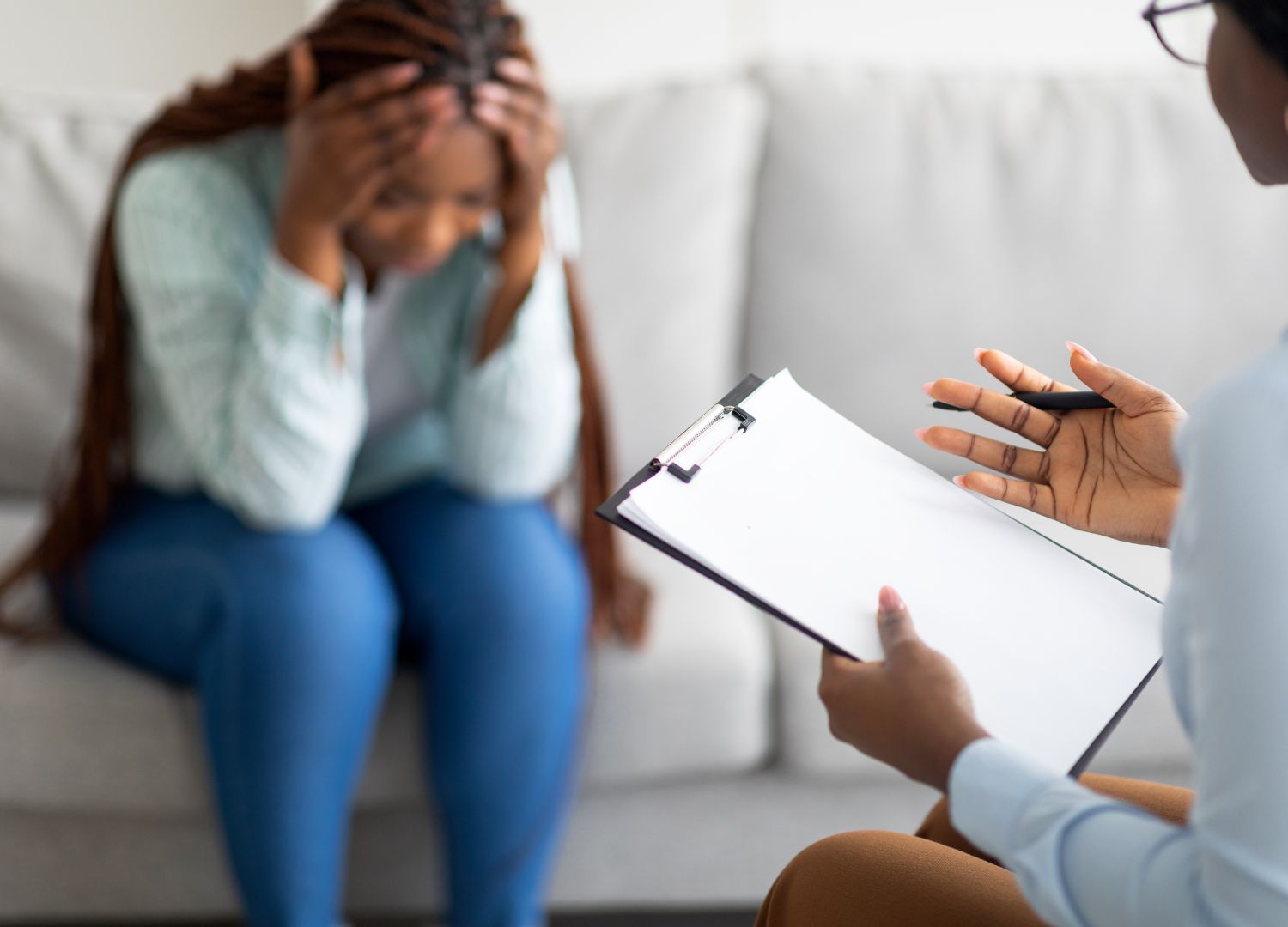
Postpartum depression versus postpartum psychosis
Childbirth na one of the most special occasions for woman life. While e dey bring plenty joy and new experiences, the experience fit also bring about psychological distress and disorders.
Na two major psychological disorders dey fit occur after pregnancy: Postpartum depression and postpartum psychosis.
Even though say dem dey share some similarities, these disorders dey quite different from each other.
Make we look 5 ways wen dem take differ from each other:
1. Wetin each disorder involve ?
Postpartum depression na mood disorder wen dey happen after childbirth e go make the woman mood low , she go get feeling of hopelessness, and go make am difficult for the woman to connect with her child. E dey usually happen for the first two weeks after childbirth.
Postpartum psychosis (PPP) dey also known as postnatal psychosis. For this one severe mental disorder dey wen go bring about changes for mood and behaviour as well as loss of contact with reality.
Postpartum psychosis fit begin very suddenly, within hours of childbirth, or may e take weeks or months to appear. If PPP nor dey treated immediately, e go place the mother at 5% risk of suicide and 4% risk of committing infanticide.
2. Dem get different popularity .
Postpartum psychosis dey rare compared to postpartum depression. About 1 or 2 for every 1,000 mothers go experience postpartum psychosis, while postpartum depression affects estimated 1 in 7 new mothers yearly and between 10% and 20% of all women.
3. Dem dey manifest different symptoms.
important symptoms dey wen dey
differentiate these disorders from each other.
Key symptoms of postpartum depression na:
● Low or depressed mood
● Feelings of worthlessness, hopelessness, and guilt
● Loss of interest or enjoyment for person hobbies and favorite activities
● Difficulty bonding with your baby
● Feeling overwhelmed when you dey faced with childcare and caring for yourself
● Fatigue
● Sleep disturbances
● Poor concentration
● Thoughts of harming yourself or the baby
Key symptoms of postpartum depression na:
● Hallucinations: hearing, seeing, feeling, or smelling things wen nor dey real.
● Paranoia: irrational beliefs and thoughts
● Loss of touch with reality
● Inability to sleep for long periods of time
● Sudden and extreme mood swings, e go dey alternate between high energy and race thoughts to low mood.
● Disordered thoughts and speech
● e go dey agitated, violent, and/or aggressive
● e go dey get thoughts to harm emself and the baby
4. Dem get different risk factors or causes.
Postpartum depression dey get social causes or risk factors, while postpartum psychosis dey result from biological factors.
You dey at risk for postpartum depression if you:
● get depression during the pregnancy
● get personal history or family history of bipolar disorder, anxiety, or depression
● get history of drug or alcohol use
● Experience major life event like death of loved one, job loss, divorce, etc.
● Experience complications during childbirth, pregnancy, or breastfeeding
● get poor support system
● get many children or get pikin with special needs
● dey under the age of 20
Your risk for postpartum psychosis (PPP) go dey higher if you:
● get pre-existing disorder such as bipolar disorder, schizophrenia, or schizoaffective disorder
● get family history of bipolar disorder, psychosis, or postpartum psychosis
● get PPP in the past (50% chance of experiencing it again)
● Stop to use your psychiatric medication during pregnancy
5. Dem dey treated or managed in different ways.
Postpartum psychosis dey considered as medical emergency because both the mother and baby dey at high risk. So,e dey treated through hospitalization.
Postpartum depression, for the other hand, can be treated outside hospital settings with medication, therapy, or both.
Conclusion
These disorders nor be sign of weakness, laziness, or a personal failing. Dem dey result from biological and/or social factors. Both postpartum depression and postpartum psychosis fit dey resolved with the right treatment and care.












